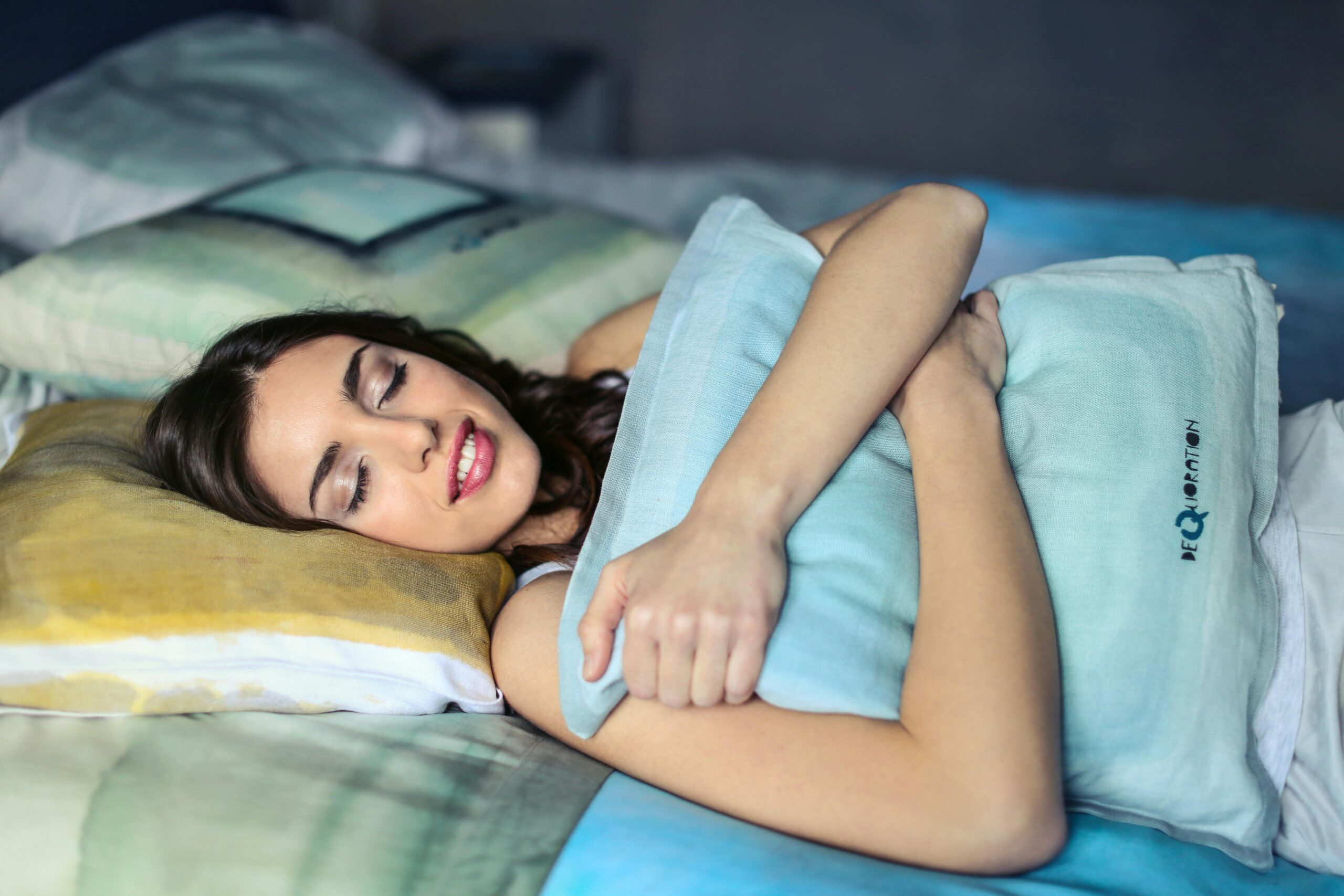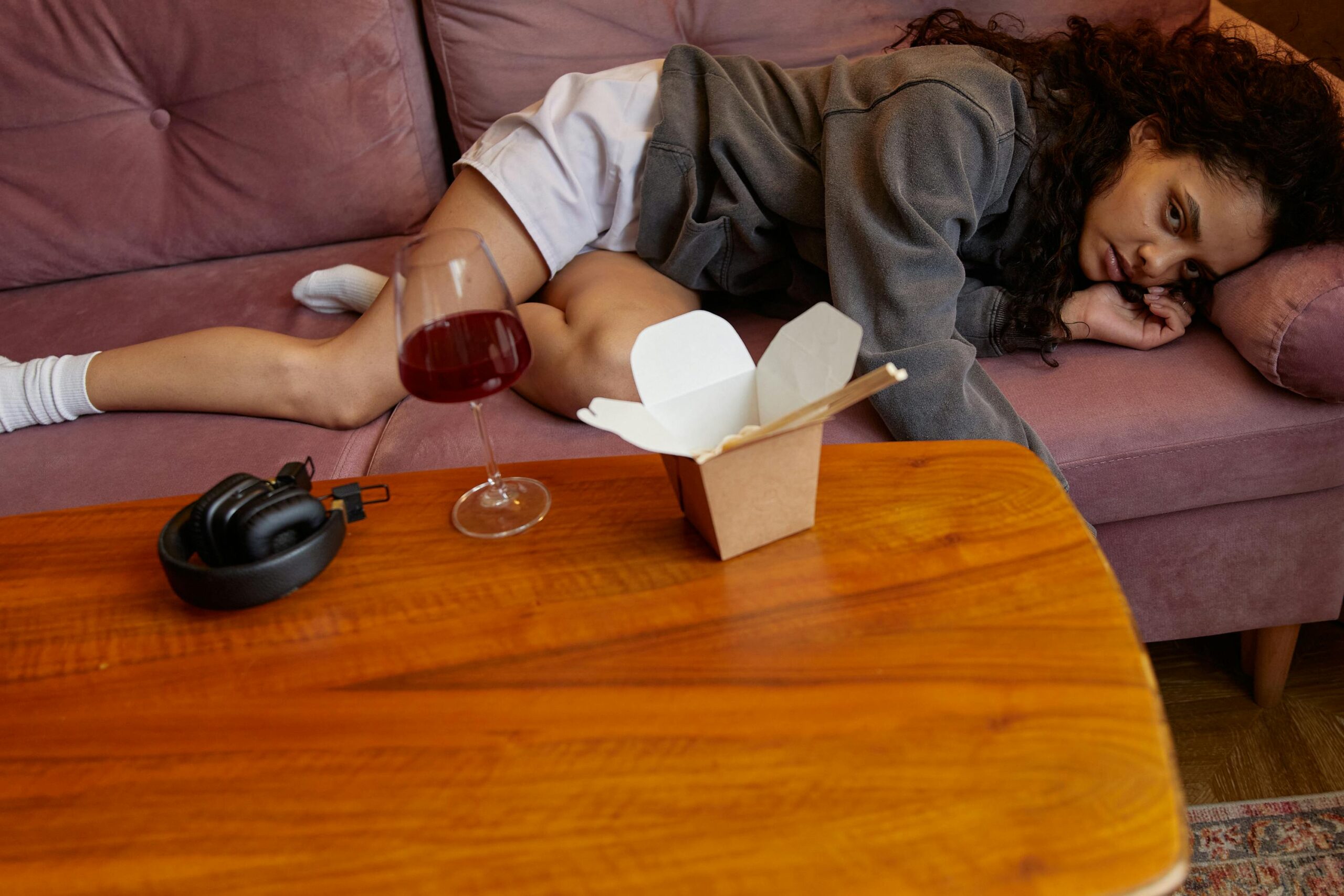In today’s fast-paced world, anxiety disorders and sleep problems are increasingly prevalent, often creating a vicious cycle where poor sleep exacerbates anxiety, and anxiety, in turn, disrupts sleep. This interplay can significantly affect mental and physical health, highlighting the importance of addressing both issues simultaneously. In this blog post, we’ll explore the relationship between sleep and anxiety, delve into how poor sleep impacts mental health, and offer practical tips for improving sleep hygiene to reduce anxiety symptoms.
The Relationship Between Sleep and Anxiety
How Anxiety Affects Sleep
Anxiety disorders can make falling asleep and staying asleep challenging. The racing thoughts, heightened arousal, and physical symptoms like a pounding heart or shallow breathing associated with anxiety create barriers to restful sleep. For individuals with generalized anxiety disorder (GAD), obsessive-compulsive disorder (OCD), or post-traumatic stress disorder (PTSD), these disturbances can become chronic, leading to long-term sleep deprivation.
How Poor Sleep Exacerbates Anxiety
On the flip side, inadequate sleep significantly impacts mental health by intensifying anxiety symptoms. Studies have shown that sleep deprivation can:
- Heighten activity in the amygdala, the brain’s fear center, leading to an exaggerated response to stressors.
- Reduce connectivity between the amygdala and the prefrontal cortex, impairing emotional regulation.
- Increase irritability, reduce patience, and make it harder to cope with daily stressors.
This bidirectional relationship means that improving sleep can have profound benefits for anxiety management.
The Science Behind Sleep and Mental Health
Sleep is not just a passive state of rest—it plays a critical role in emotional and cognitive processing. During sleep, particularly during REM (rapid eye movement) sleep, the brain consolidates memories and processes emotions. A lack of REM sleep has been linked to heightened emotional reactivity and a reduced ability to manage stress.
Additionally, poor sleep disrupts the production of neurotransmitters like serotonin and dopamine, which regulate mood. It can also elevate cortisol levels, the body’s primary stress hormone, contributing to feelings of unease and anxiety.
Sleep Hygiene: A Key to Reducing Anxiety Symptoms
Sleep hygiene refers to healthy habits and practices that promote consistent, high-quality sleep. By improving your sleep environment and adopting a structured routine, you can enhance your sleep quality and, consequently, reduce anxiety.
Practical Tips for Better Sleep Hygiene
1. Create a Relaxing Bedtime Routine
Establishing a calming pre-sleep ritual signals to your body that it’s time to wind down. This could include activities like:
- Reading a book (preferably non-stimulating content).
- Practicing mindfulness or meditation.
- Taking a warm bath.
- Engaging in gentle stretches or yoga.
2. Stick to a Consistent Sleep Schedule
Going to bed and waking up at the same time every day—even on weekends—helps regulate your body’s internal clock. This consistency makes it easier to fall asleep and wake up naturally, reducing anxiety about sleep itself.
3. Optimize Your Sleep Environment
Your bedroom should be a sanctuary for sleep. To create an ideal sleep environment:
- Control light exposure: Use blackout curtains or a sleep mask to block out light.
- Minimize noise: Use earplugs or white noise machines to drown out disruptive sounds.
- Adjust temperature: Keep your room cool, as lower temperatures promote better sleep.
4. Limit Stimulants and Screen Time
- Avoid caffeine, nicotine, and heavy meals close to bedtime.
- Limit screen exposure at least an hour before bed. Blue light from devices can suppress melatonin production, making it harder to fall asleep.
5. Address Underlying Stress
Stress and anxiety often underlie sleep disturbances. Incorporating stress-management techniques into your daily routine, such as journaling, progressive muscle relaxation, or deep breathing exercises, can improve both sleep and overall well-being.
6. Exercise Regularly
Physical activity is a powerful tool for reducing anxiety and improving sleep. Aim for at least 30 minutes of moderate exercise most days of the week, but avoid vigorous workouts close to bedtime.
7. Avoid Alcohol and Sedatives
While alcohol and sedatives may initially help you fall asleep, they disrupt the natural sleep cycle, particularly REM sleep. Over time, this can worsen both sleep and anxiety symptoms.
Recognizing and Managing Insomnia
Insomnia, a common sleep disorder, is both a symptom and a contributing factor of anxiety. If you find it difficult to sleep despite following good sleep hygiene practices, it’s essential to address the underlying causes of insomnia.
Types of Insomnia
- Acute Insomnia: Short-term and often linked to a specific stressor.
- Chronic Insomnia: Lasting three months or longer, often associated with mental health conditions like anxiety or depression.
Cognitive Behavioral Therapy for Insomnia (CBT-I)
CBT-I is a structured, evidence-based approach to treating insomnia that focuses on changing negative thought patterns and behaviors around sleep. It is particularly effective for individuals with anxiety-related sleep disturbances.
The Long-Term Benefits of Better Sleep
Investing in better sleep hygiene not only reduces anxiety but also offers a host of other mental and physical health benefits:
- Improved mood and emotional resilience.
- Enhanced cognitive function, including memory and decision-making.
- Better immune function and overall physical health.
As sleep quality improves, many individuals find they are better equipped to manage daily stressors, leading to a positive feedback loop where reduced anxiety further enhances sleep.
When to Seek Professional Help
If sleep problems persist despite implementing these strategies, it’s essential to consult a healthcare provider. Chronic insomnia, severe anxiety, or coexisting mental health conditions may require specialized treatment, such as therapy, medication, or a combination of both.
Conclusion: Sleep as a Pillar of Mental Health
The connection between sleep and anxiety is undeniable. While poor sleep can intensify anxiety symptoms, improving your sleep hygiene and adopting healthy habits can break this cycle, leading to reduced anxiety and enhanced well-being. By prioritizing sleep as a cornerstone of mental health, you take a significant step toward a calmer, more balanced life.
Start small: incorporate one or two of the tips discussed above into your routine today. Over time, these changes can make a profound difference, helping you achieve better rest and a more peaceful mind.
Remember, quality sleep is not a luxury—it’s a necessity for both physical and mental health.




